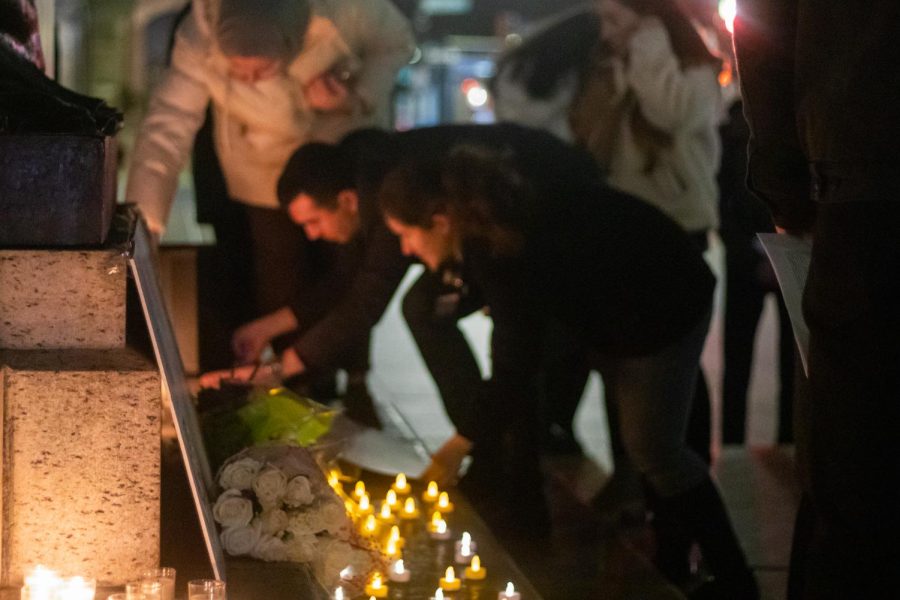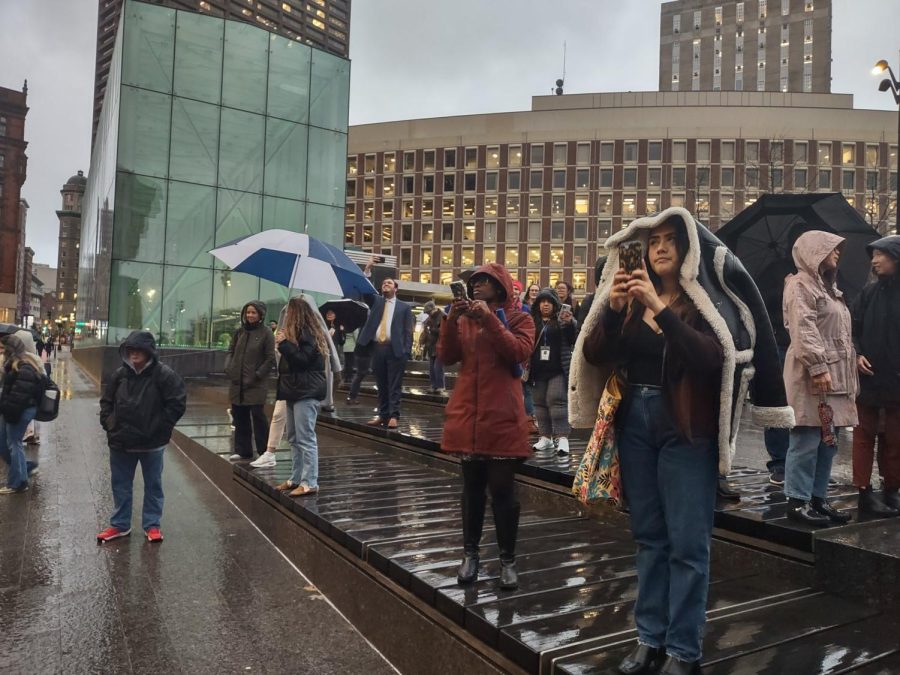Over 100 migrants that were deported back to El Salvador over the last few years were murdered within a short time of arriving back in their home country.
At the beginning of February 2020, the Human Rights Watch released a comprehensive evaluation of the current dilemma facing many migrants returning to El Salvador.
There are many reasons why a person leaves their native country. Crime, unemployment, corruption, famine and many more are reasons some see no choice but to leave.
El Salvador has a unique history with immigration respective to the United States spanning from the Reagan era in the 1980s to now, according to The Atlantic.
More than 25% of the Salvadoran population fled the country during the span of the war, which lasted throughout the 1980s and early 1990s, according to a report by the Migration Policy Institute.
Post civil war, the levels of migration increased. In the same report, data by the Central Reserve Bank of El Salvador in 2002 cites that there were at least 25,000 people leaving each year since 1990.
As a result, there are now at least 1.2 million Salvadorans residing in the U.S. without citizenship. Salvadorans made up 18% of all asylum recipients between 2014 and 2018, according to the Washington Post.
Just statistically, not every immigrant is a “bad hombre” as President Trump has previously described immigrants residing in the U.S. While many are undocumented, many immigrants have been in the U.S. for years and have built a life.
As a first-generation Salvadoran American, the U.S. has been the only home my family and I have ever known. Are we as Americans to turn our backs on immigrants whose only crime is being poor and persecuted or is it possible to help care for them and help them?
The drug wars launched by American operatives in recent decades in Latin America did not help an already war-torn El Salvador.
As a result of the increase in Salvadoran immigration to the U.S., gang violence grew significantly after the civil war. One of the most violent gangs, MS 13, is infamous for being founded by Salvadoran immigrants, according to The New York Times.
The BBC explored the origins of MS 13 and all points lead to Los Angeles. In some of the more violent areas in the city, gangs like MS 13 rose to power and soon spread like wildfire all over the poverty-stricken Latin communities in North America.
Deportation has been a major factor in the expansion of gangs from the U.S. to Central and South America.
The gangs maintain supremacy in the rural areas of El Salvador making it dangerous for newcomers in the region. This is the main reason why there are many cases of deportees being murdered or abused upon their return home, according to The New York Times.
Since the lack of security and high crime rates are prevalent in El Salvador, there is a sense of fear and paranoia for citizens and tourists.
“Even when I went to El Salvador for vacation it was a huge risk for my cousin to even go to the next neighbor, they are in danger all the time,” Suffolk student Marcela Melendez said about her visit in El Salvador.
“The gangs in El Salvador are extremely dangerous and are not humane because the things they are capable of doing are very scary and horrible. This is the reason why people are leaving for their safety, for themselves and their family’s [safety],” said Melendez.
Like many developing countries, El Salvador does not have the infrastructure to sustain a high level of returning migrants. Upon return to their home country, immigrants are faced with limited options and forced to decide between staying in the country and risking their lives or trying to make it back to the U.S. – also risking their safety.
The massive amounts of deportations are not new. Many view America’s immigration policy as harsh and anti-immigrant. This type of policy started in the 1990s under the Clinton administration, continued well into the Obama era and has become more extreme during the current Trump presidency.
Many feel that the Trump administration inherited a flawed immigration system from Obama. Neither administration has addressed the risk migrants face when they are deported back to El Salvador.
It is easy to deal with numbers instead of real people. Any person whether they are immigrants or citizens have the right to life, liberty, and the pursuit of happiness wherever they are. The U.S. should be doing its part to ensure the safety of migrants once they are back in their home country.











